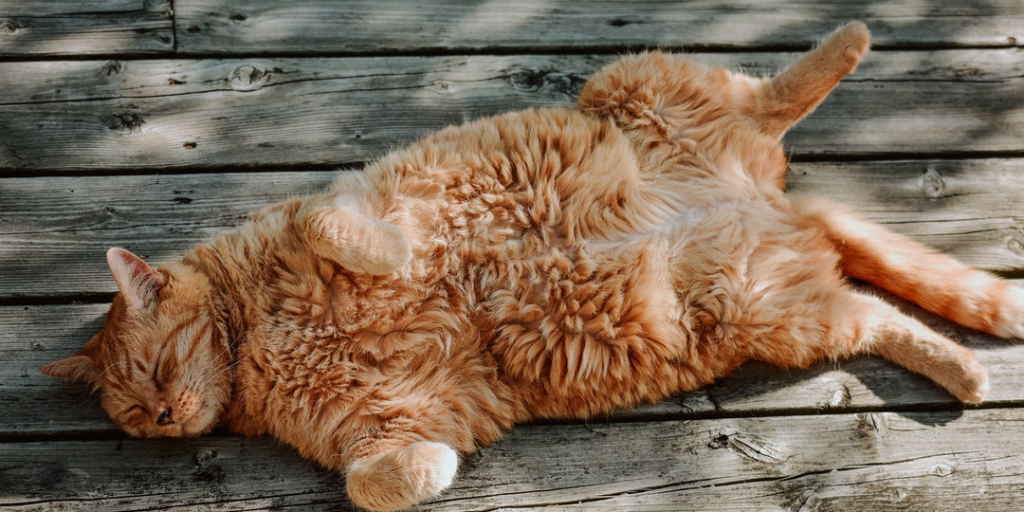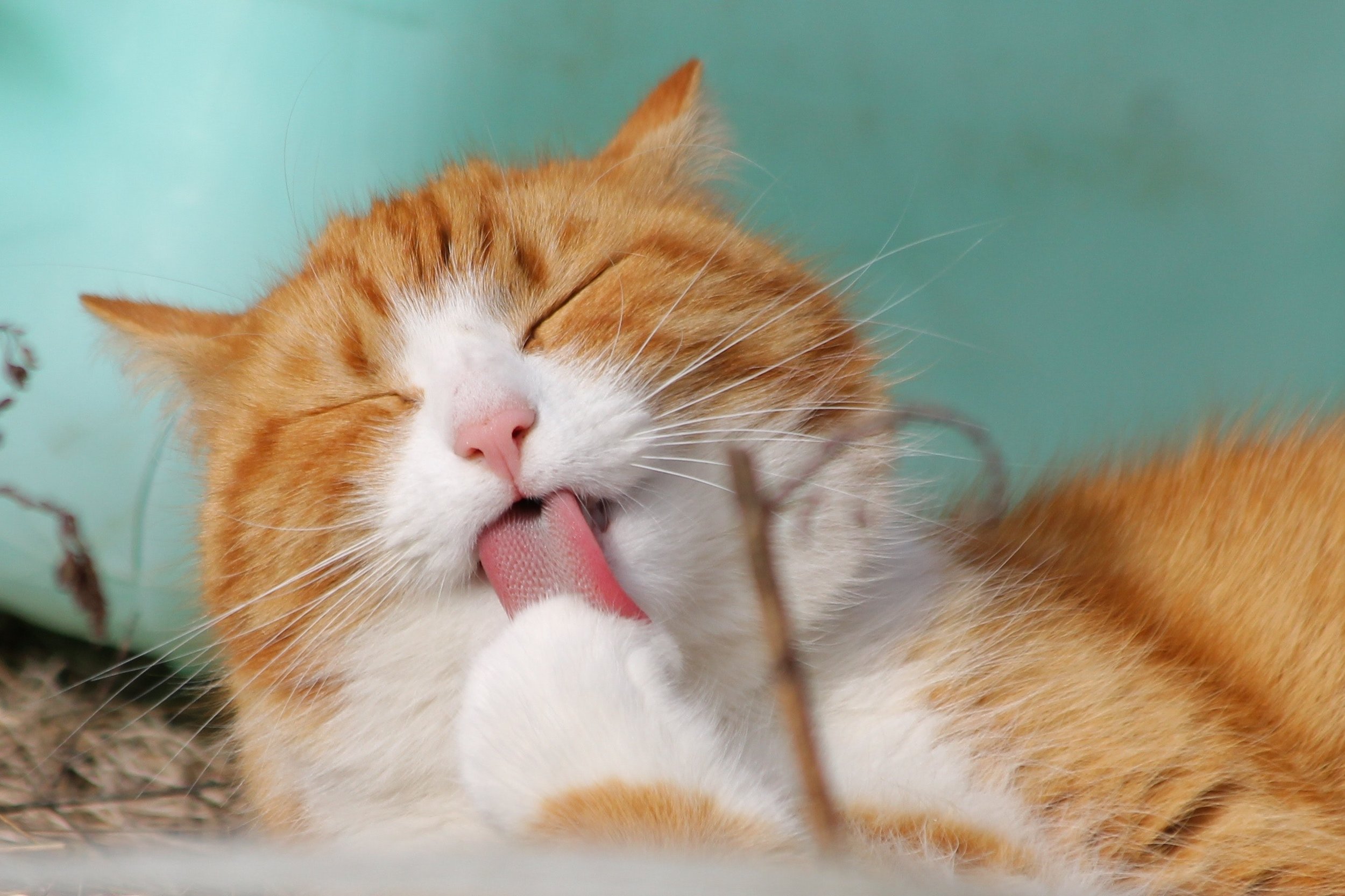As a general rule cats are fantastic at maintaining and grooming themselves and are very low maintenance pets. There are of course exceptions to this rule and indoor only cats require a little extra maintenance and this is a little helping guide as to what owners can do to help their furry friends out.
Clipping Nails
This is one area where indoor and indoor/outdoor cats differ quite a bit and indoor cats require a little extra attention. For cats that are indoor/outdoor they have more of an opportunity to wear down their nails naturally by climbing trees, running on different hard surfaces and general outdoor playtime activities. Indoor only cats tend to grow out their claws and is part of the reason they go for the couch, carpets and curtains if they don’t have a scratching post to maintain and shed the outer layers of their claws.
If you notice your cat’s nails have grown to be quite long and require a trim there are a few things to keep in mind:
- Only trim the tip and avoid the pink part (known as the “quick”) as this is the blood supply and will be very painful for your cat. Imagine how it feels when your nail comes off past your nail bed, it would be something similar.
- Use clippers with a sharp blade to ensure a clean cut and prevent splitting or tearing of the claw
Every cat is different and you as an owner know your cat and their temperament best. If you feel comfortable trimming your cat’s claws it’s a matter of picking a time when they are relaxed and gently applying pressure to each toe so their claw extends and trimming ONLY the tip, making sure to steer clear of the quick (see below image as a guide) to avoid any pain for your cat. To maintain a healthy claw, trimming is best done on a monthly basis
If trimming your cat’s claws is something you don’t feel comfortable tackling alone or are new to trimming a cat’s claws on your next vet visit ask your vet to show you how to do this or ask if they can do it for you.
Cleaning Eyes
Most cats are very good at keeping their eyes gunk-free but often senior and/or longer fur need a little help with this. Simply use a cloth soaked in warm (not hot) water to wipe away however regularly your cat requires. If you notice the eye gunk is an unusual colour or is far more evident than usual please check with your local vet as this may be a sign of infection.
Brushing
Medium to short hair cats need very little upkeep and the occasional brush to prevent knots and remove excess fur to prevent shedding is generally enough. Medium to long hair cats may require a little extra grooming to prevent knots/matting and in particular during the warmer months a trim may be required to make sure your cat doesn’t overheat.
Depending on your cat’s temperament and your confidence levels this may be something you can do yourself at home with a thinning comb that will thin out your cats coat whilst also removing any knots or something you employ a professional to do for you.
*Never trim a cats whiskers, they are vital in helping your cat sense & navigate their surroundings *
Teeth Cleaning
Dental hygiene is an important part of your cat’s health. There are a variety of ways you can help to maintain your cat’s teeth:
- Raw bones (avoid cooked bones as these can split & cause harm to your pet) - chewing on bones (raw chicken necks are great) is a fantastic way for your cat to remove plaque buildup whilst also getting a treat
- Tooth brush – this is not for every cat and while some cats take to the idea of getting their teeth brushed quite easily, some require a bit of coaxing (eg dipping the brush into tuna water) to get used to it while others will never quite get on board with the idea
- Dry food - it is important your cat’s diet has some aspect of dry food to prevent plaque buildup. There are a number of cat biscuits designed specifically for cat oral care and as a general rule the larger the biscuit the more chewing is required by your cat which will help to scrapt off that nasty plaque
- Cat grass – this is a great supplement to your cat’s diet it can help with oral hygiene as well as aiding their digestion
- Professional teeth cleaning by your vet
Annual vet visits to check on your cat’s overall health are highly recommended






